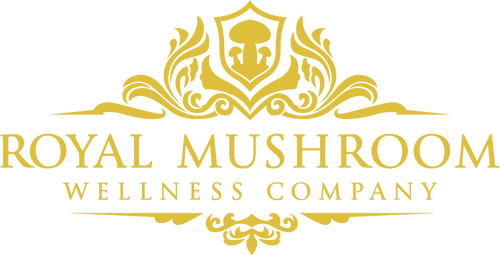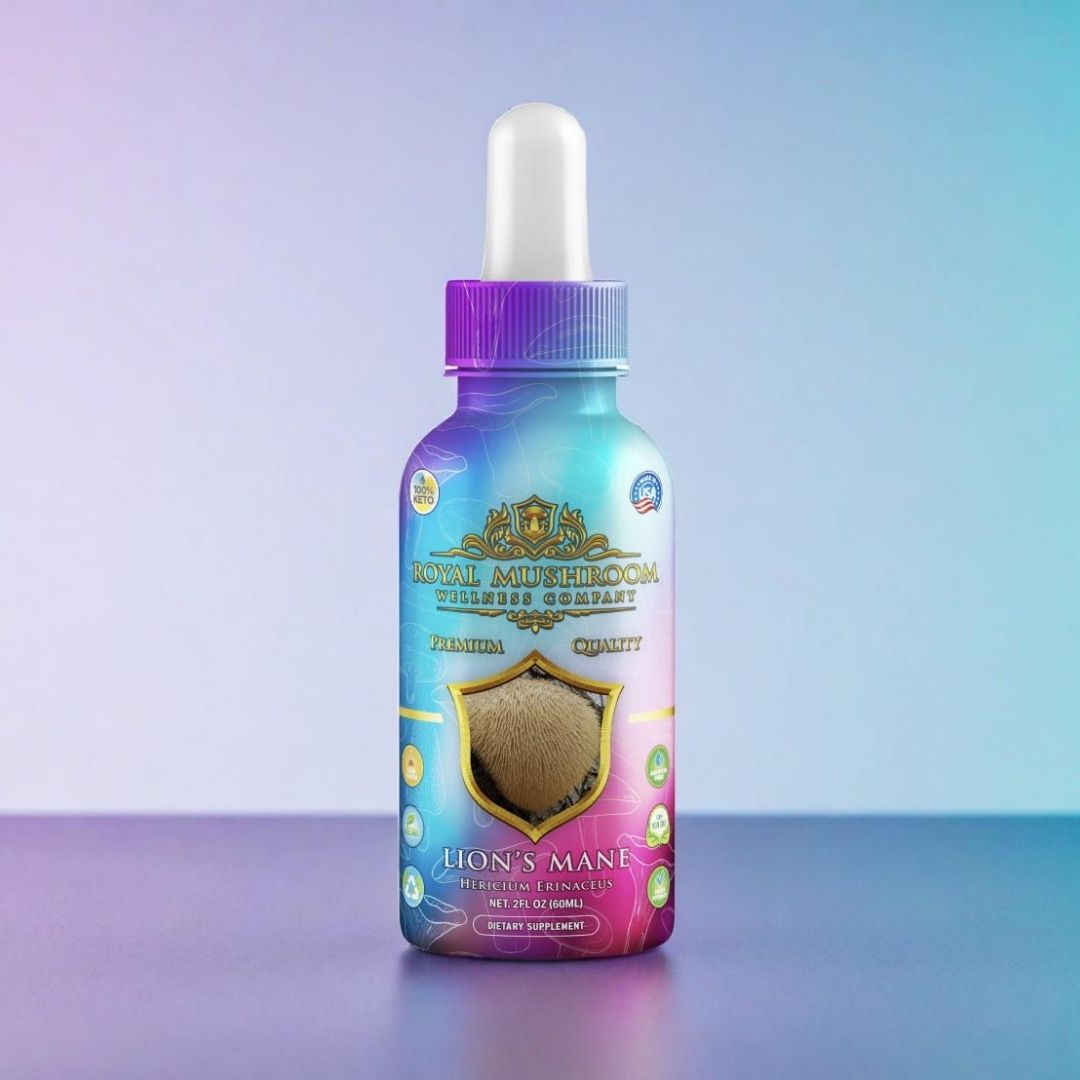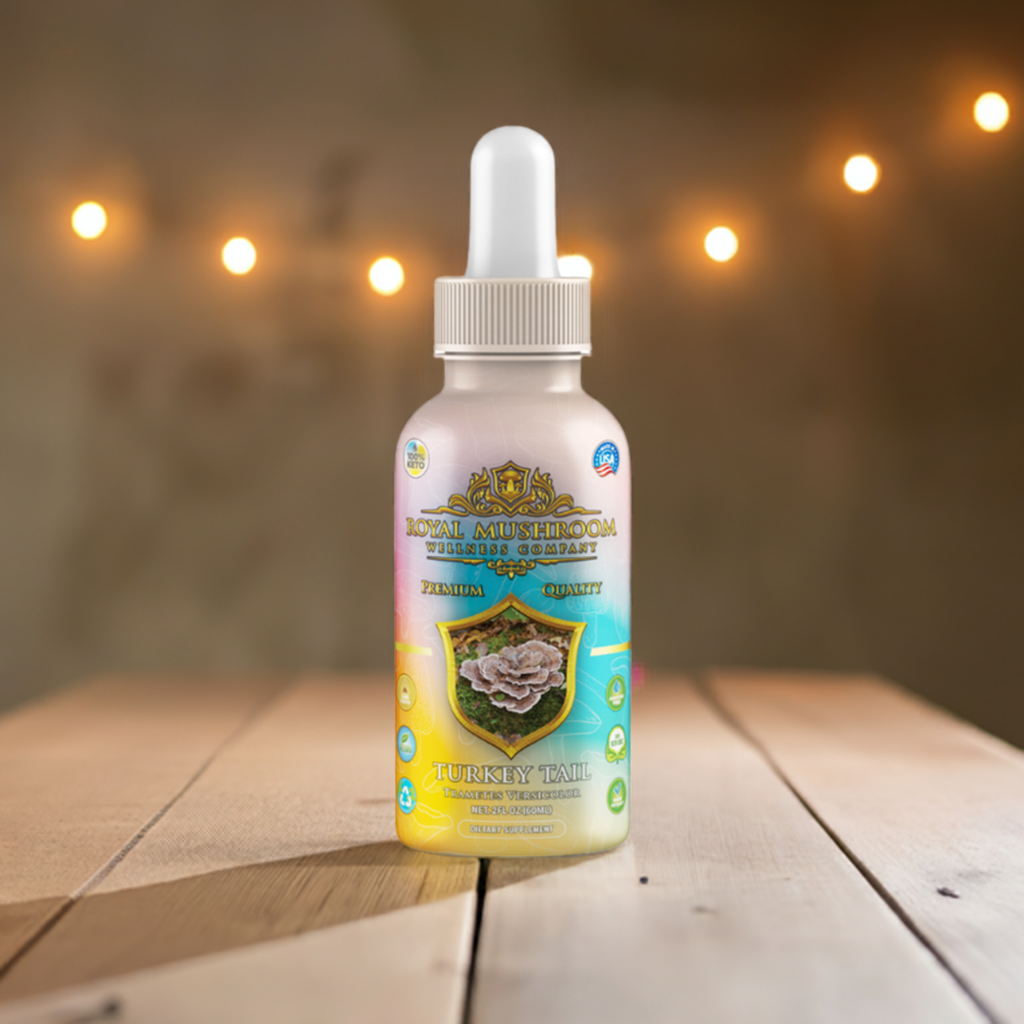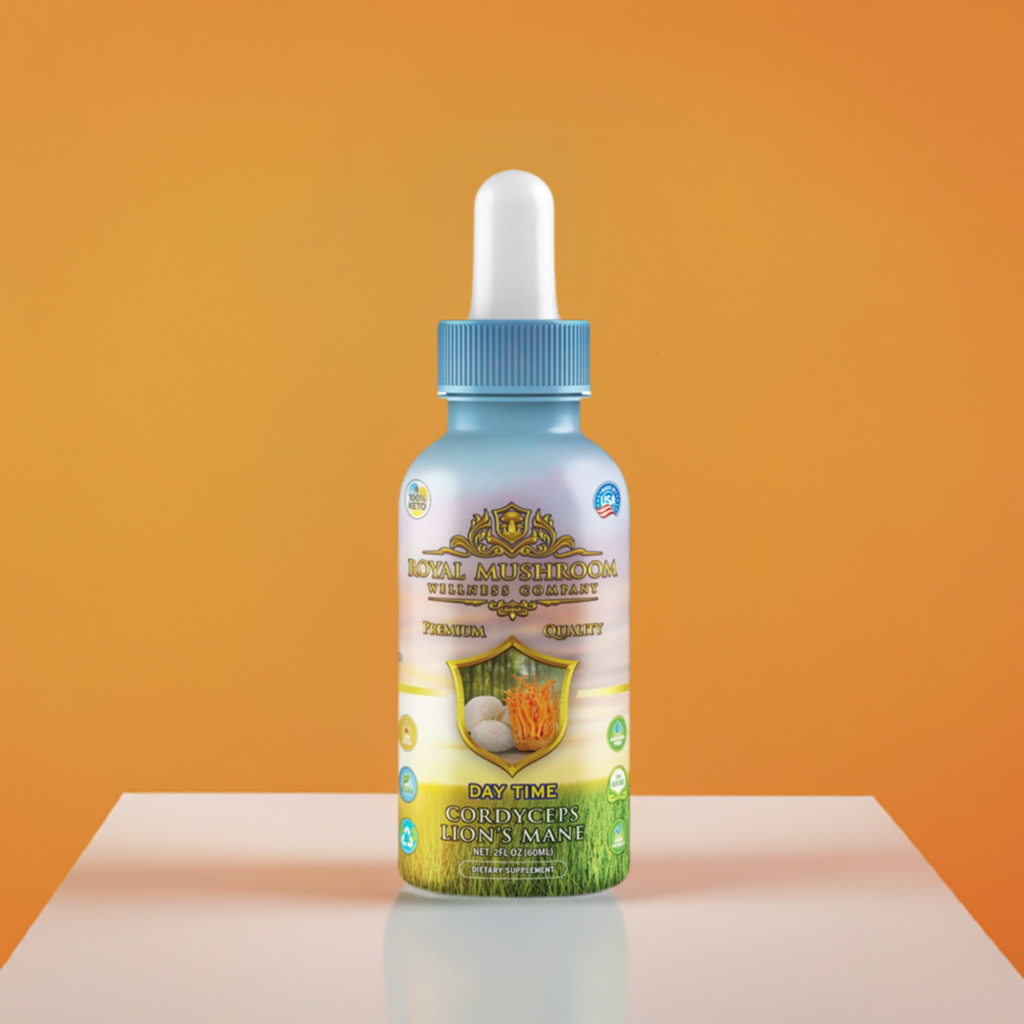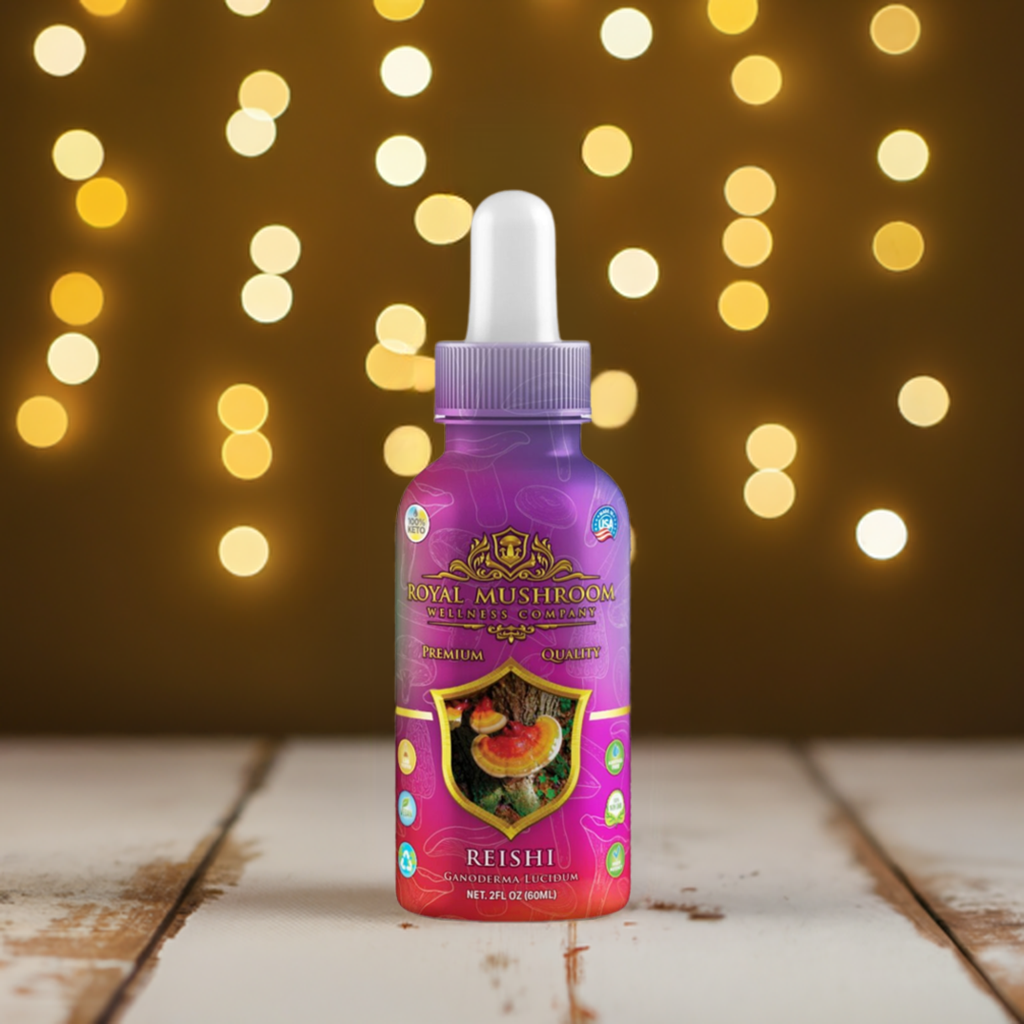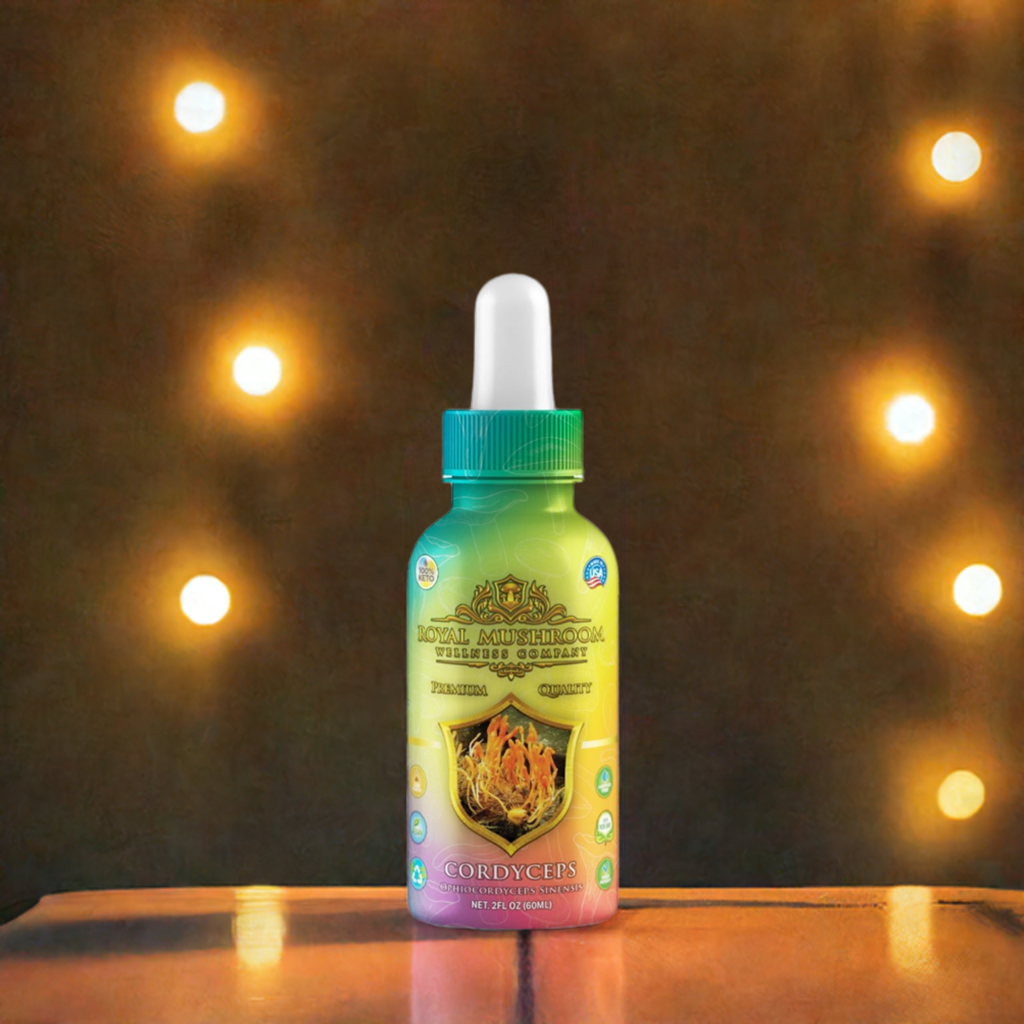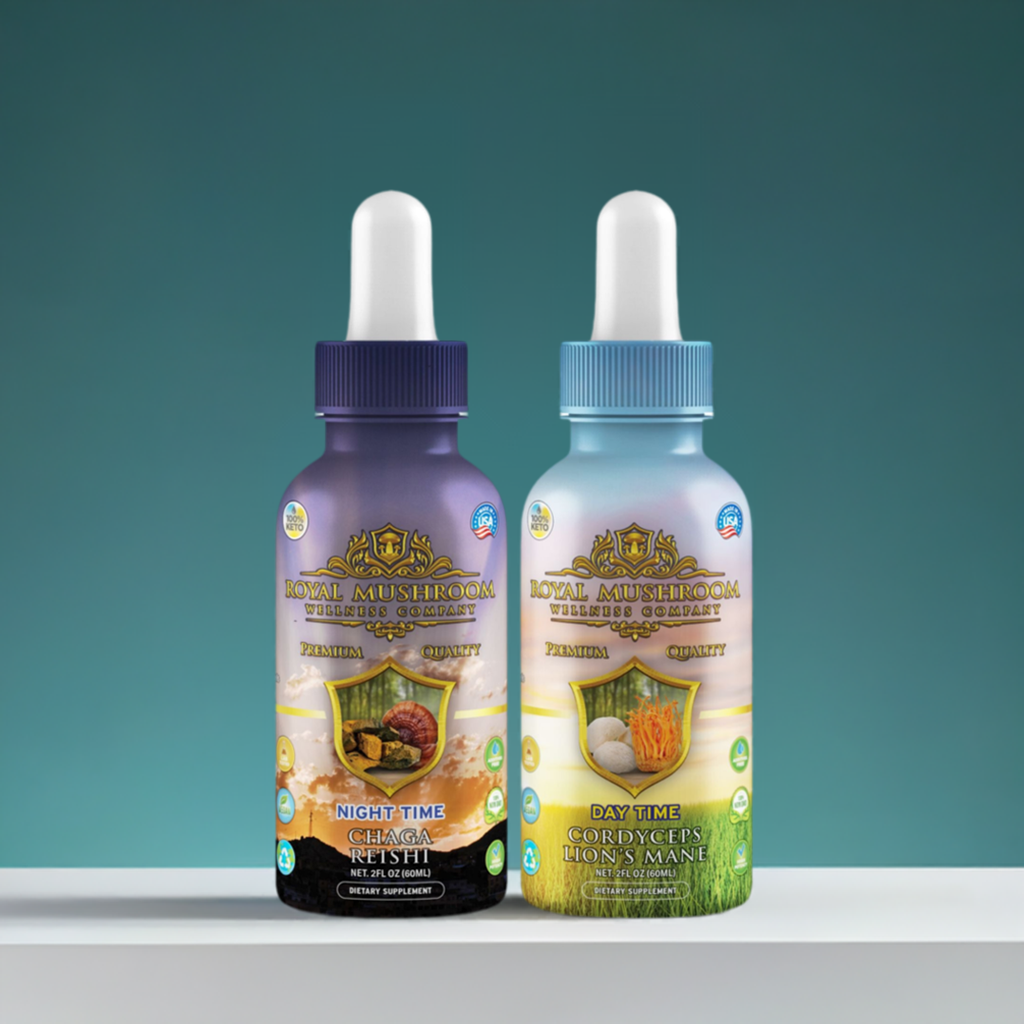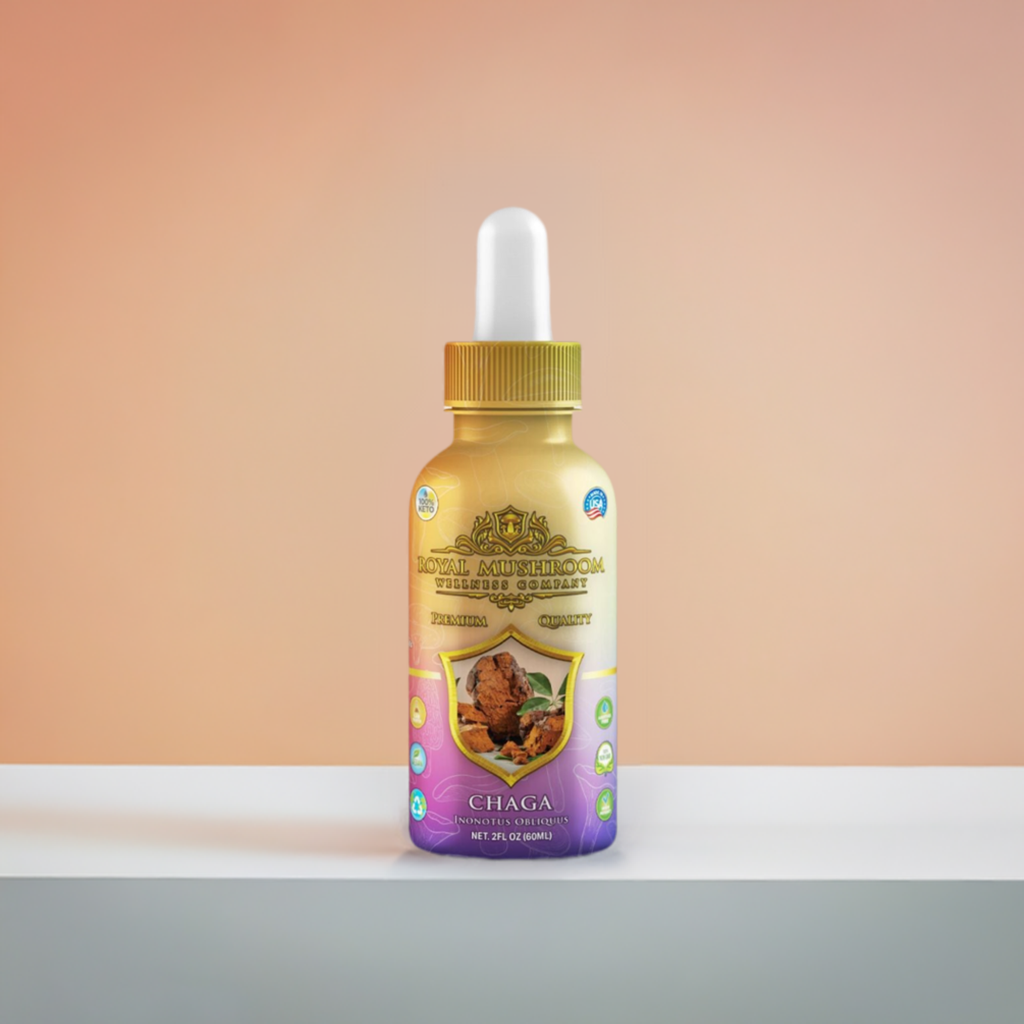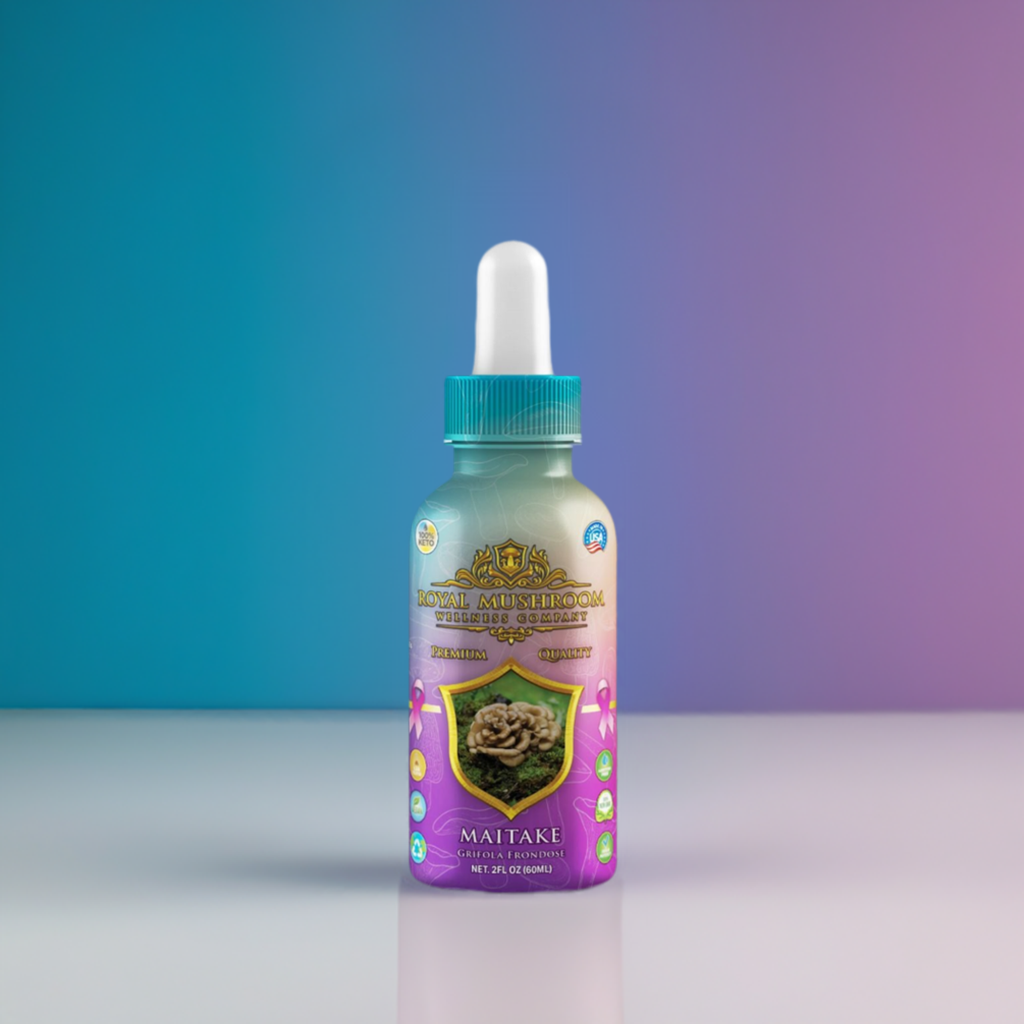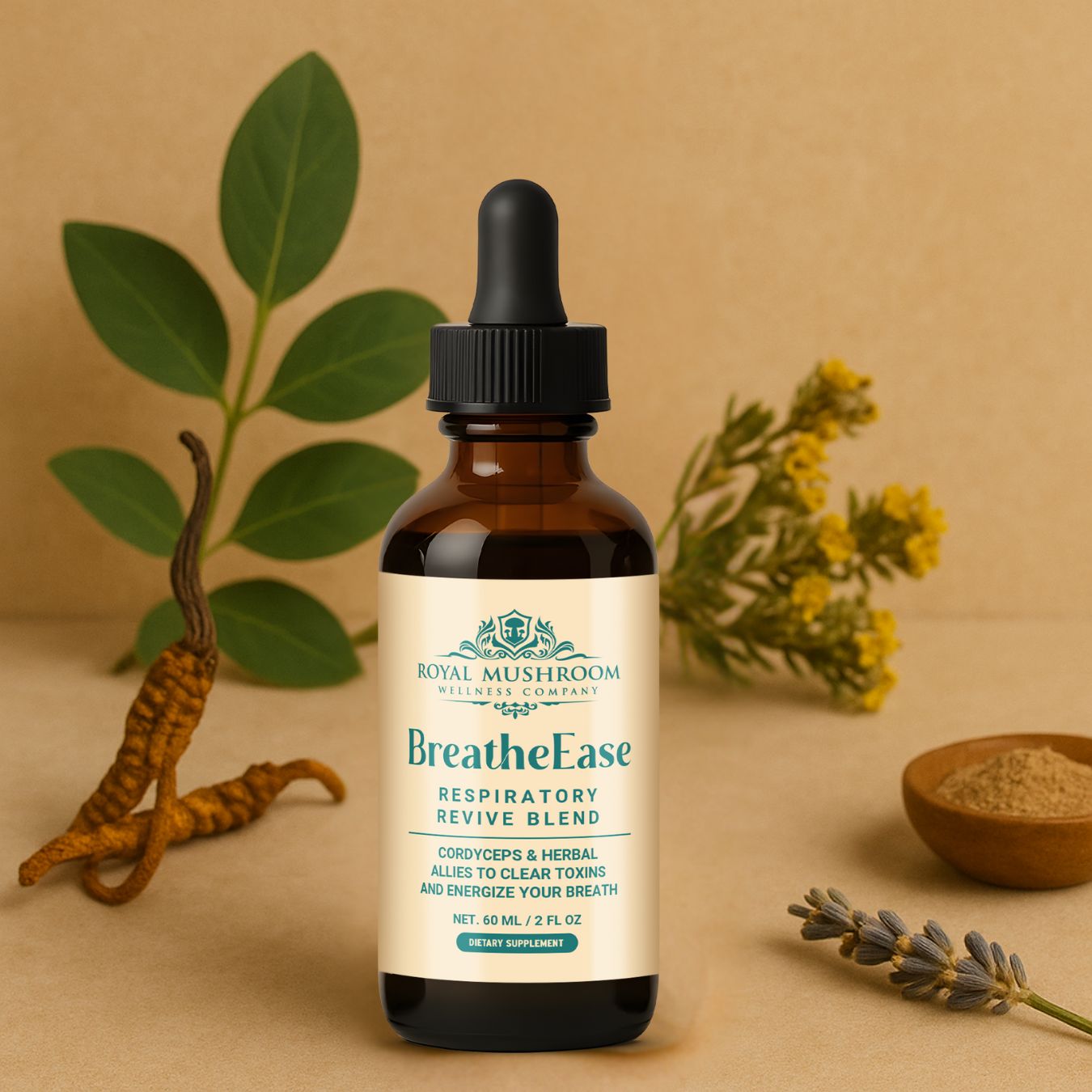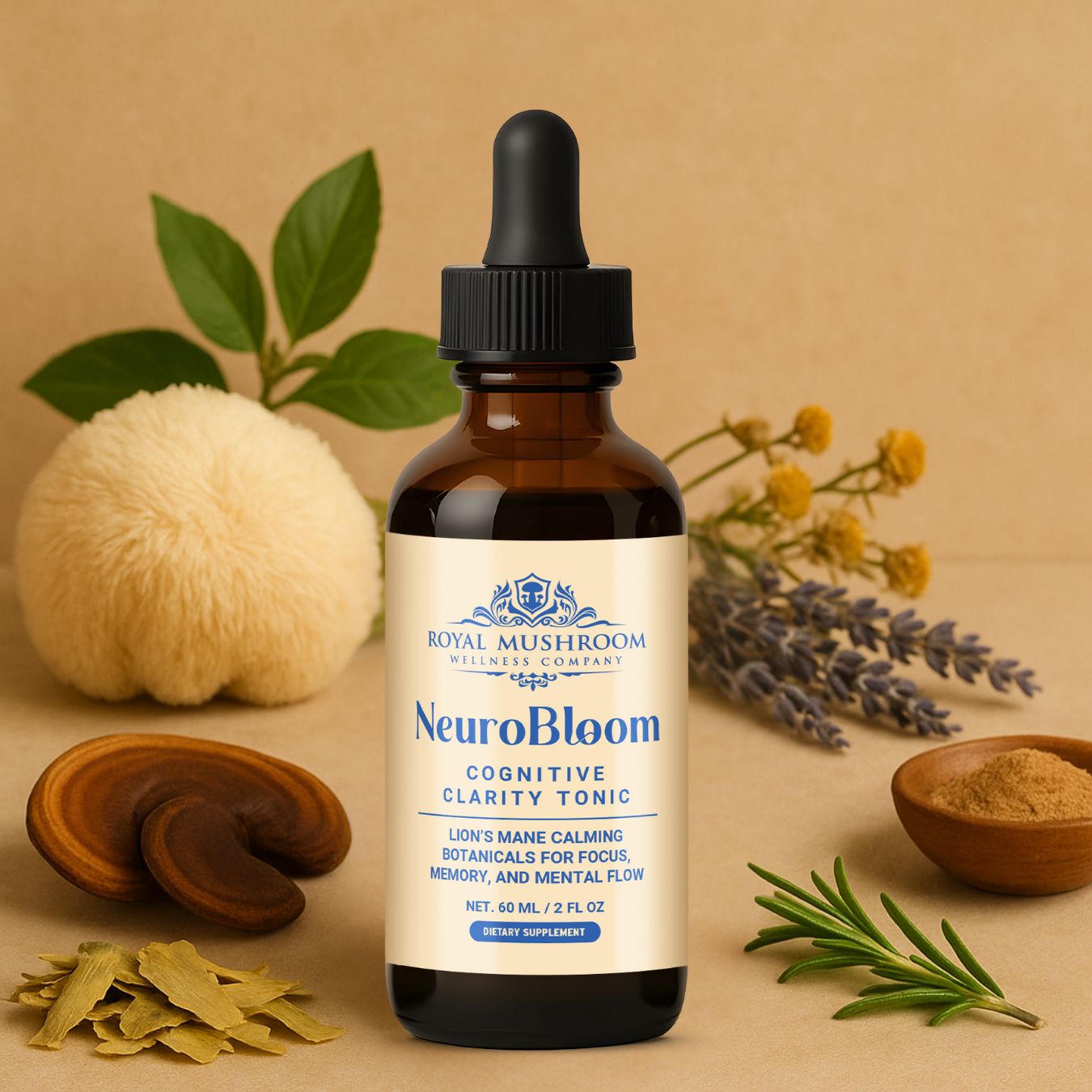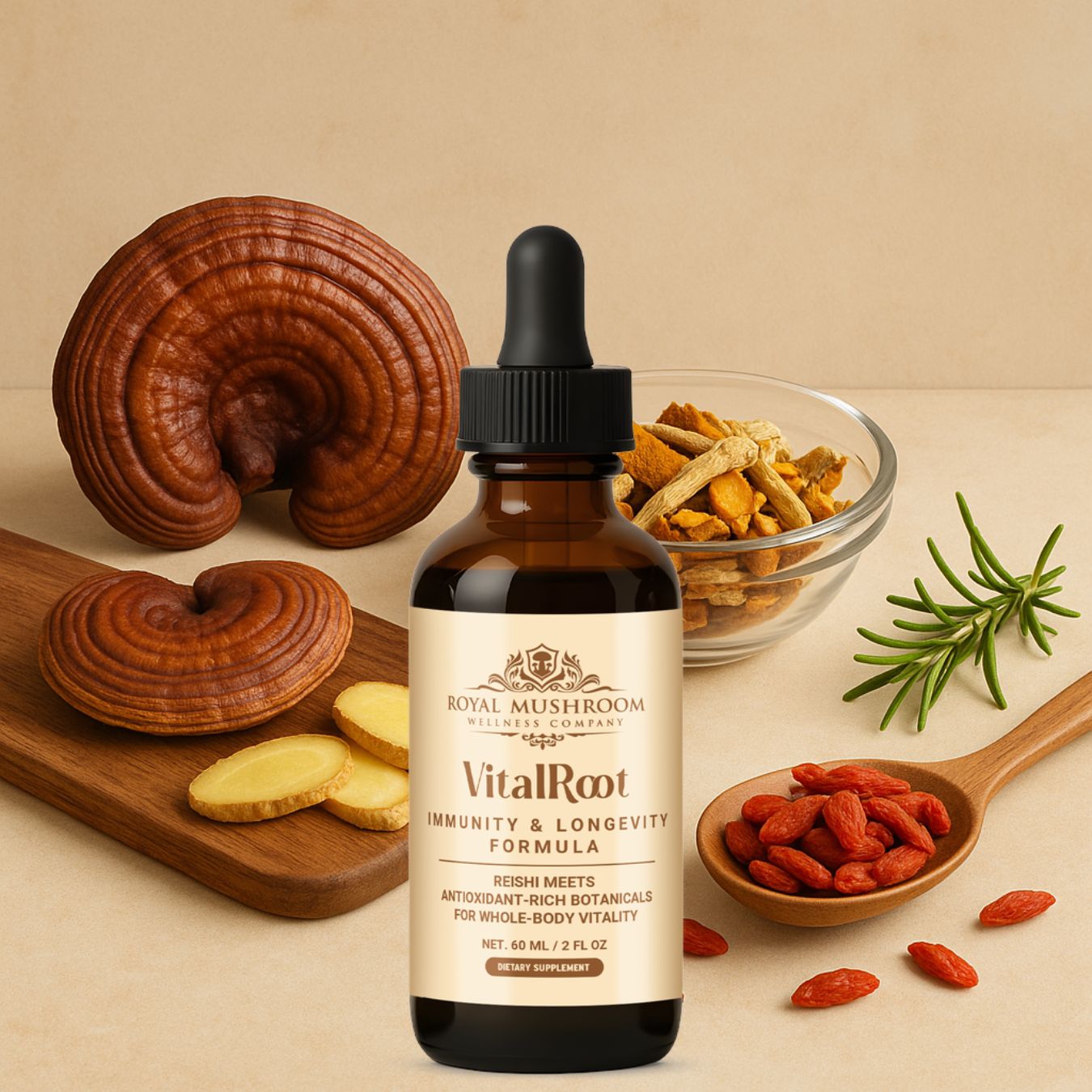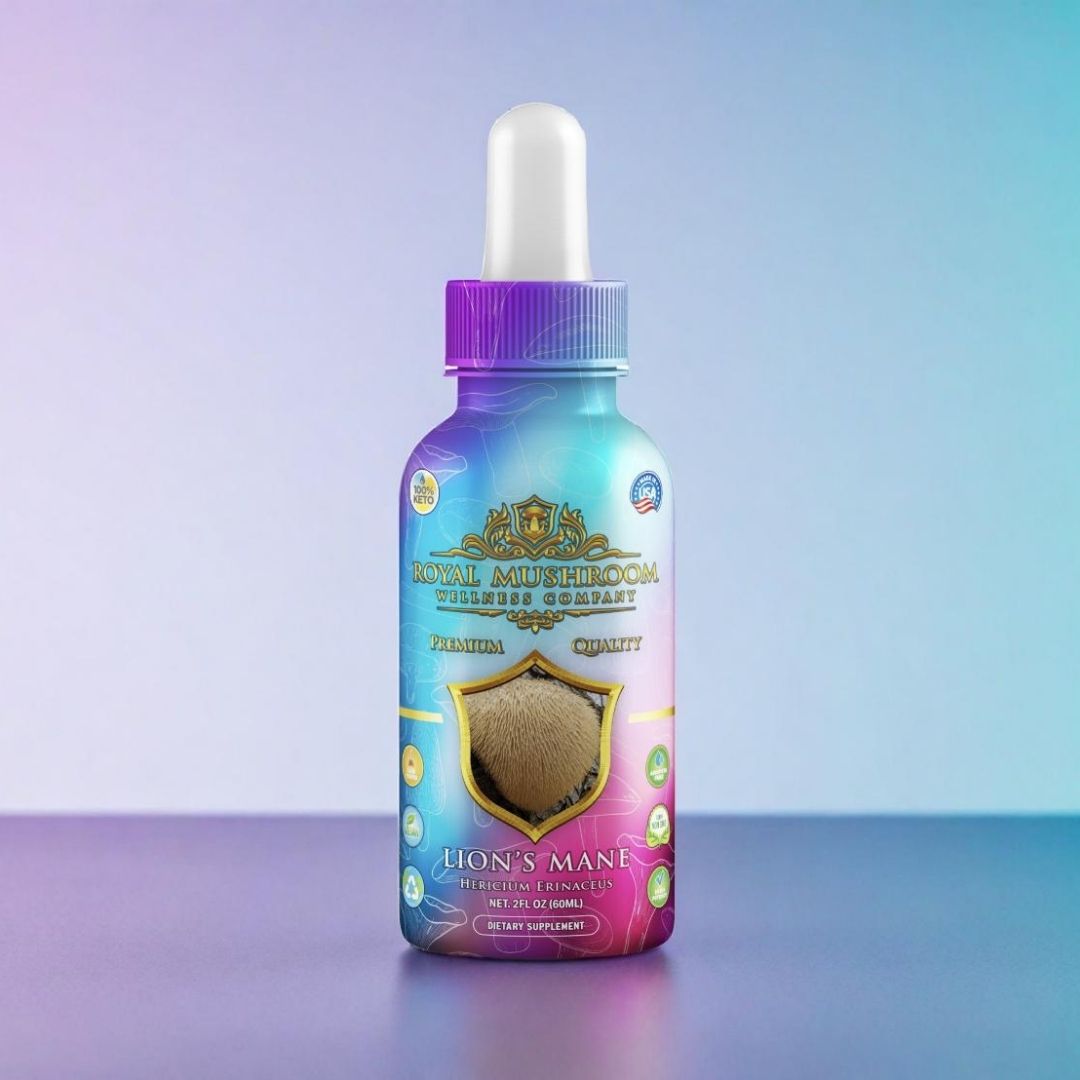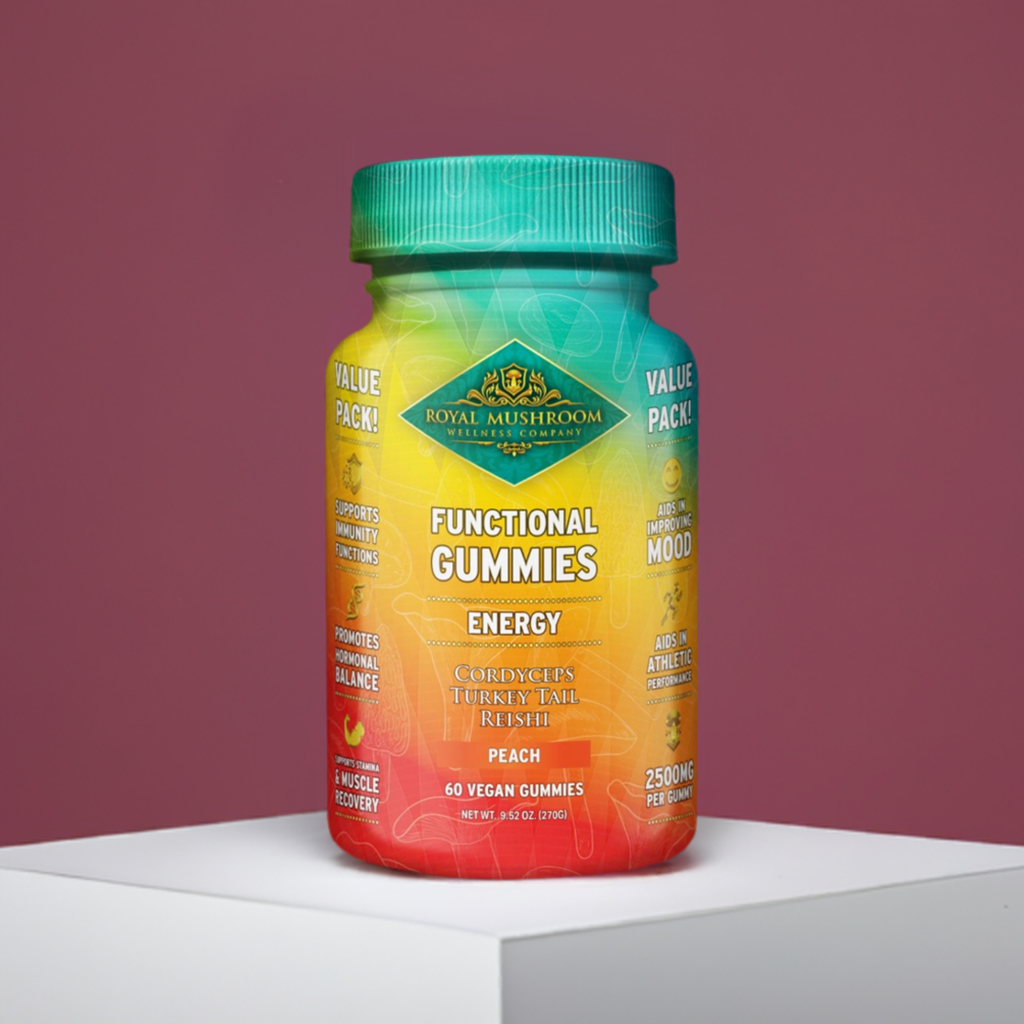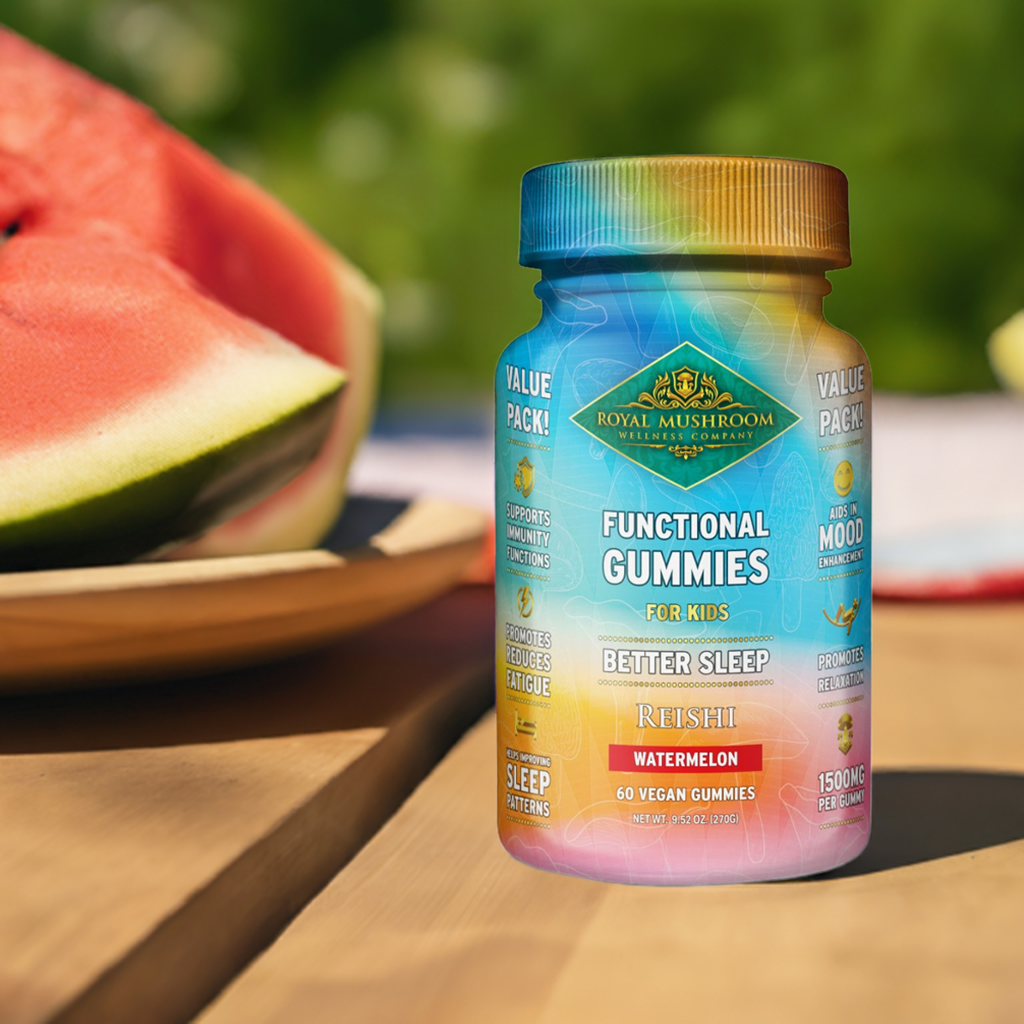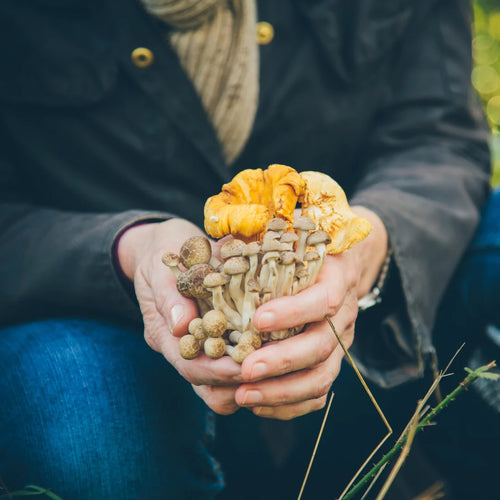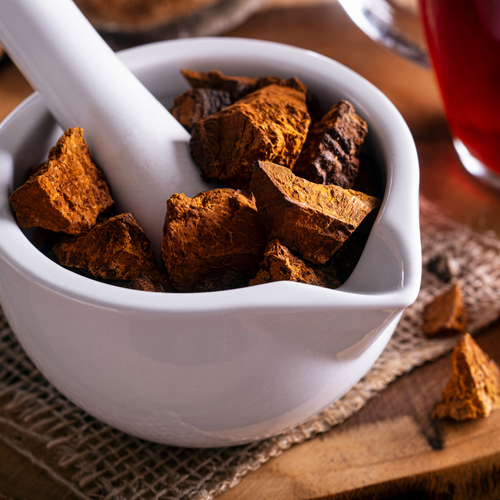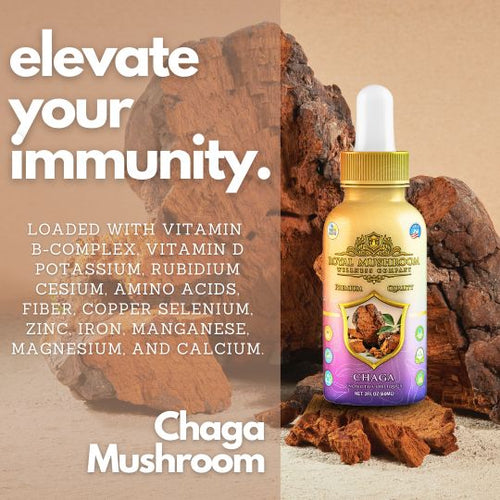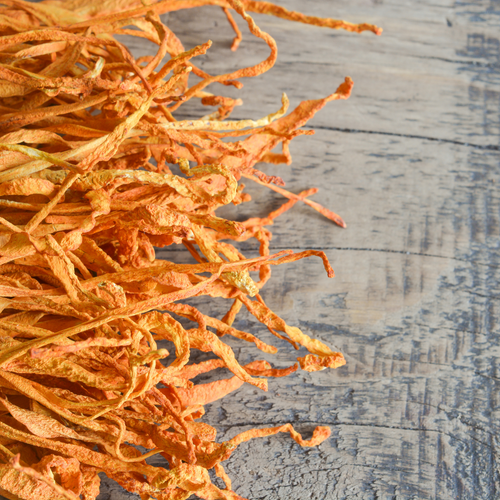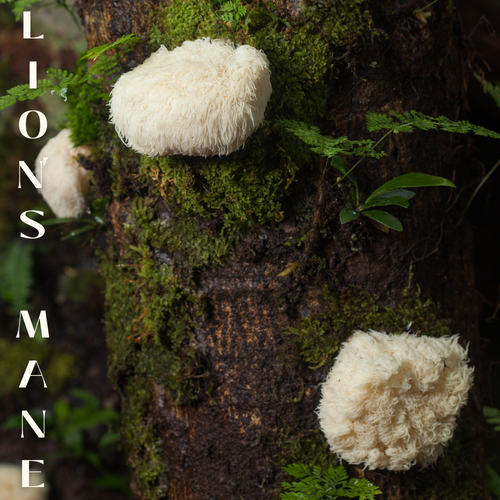In a world where stress, anxiety, and depression are becoming increasingly common, many are seeking effective and natural alternatives to pharmaceuticals. One of the most promising contenders? Lion’s mane tincture for anxiety and depression.
But does lion’s mane help with anxiety? And can it really improve mood, reduce stress, and support better brain function? In this guide, we’ll explore clinical evidence, real-world reviews, dosage advice, and how to use it for best results.
What Is Lion’s Mane Tincture and How Does It Work?
Lion’s mane (Hericium erinaceus) is a medicinal mushroom with ancient roots in traditional Chinese and Japanese medicine. Today, it's celebrated for its nootropic effects, neuroprotective compounds, and ability to support mood and brain health.
A lion’s mane tincture is a liquid extract made by steeping the mushroom’s fruiting body or mycelium in alcohol and/or water to preserve its active compounds.
How Lion’s Mane Works in the Brain
Lion’s mane boosts the production of nerve growth factor (NGF), a protein that promotes the growth and survival of neurons. This process—known as neurogenesis—may explain why it’s so effective for anxiety, depression, and cognitive performance.
| Benefit | Mechanism |
|---|---|
| Mood regulation | Supports serotonin & dopamine |
| Cognitive clarity | Enhances brain cell regeneration |
| Reduced anxiety | Balances nervous system activity |
| Depression relief | Stimulates neurogenesis |
| Stress resilience | Adaptogenic mushroom properties |
Mycelium vs Fruiting Body: Which Is Better?
While some tinctures use only the fruiting body, others include mycelium extract for anxiety benefits. Look for products with both to get the full spectrum of active compounds.
Lion’s Mane for Anxiety and Depression: What the Research Shows
Several studies have examined lion’s mane for mental health, focusing on its potential as a natural anxiety relief supplement and herbal support for depression.
Clinical Evidence
-
A 2010 study in Biomedical Research showed that women who consumed lion’s mane cookies for four weeks had significantly reduced anxiety and depression scores.
-
A 2021 review on medicinal mushrooms recognized lion’s mane as a powerful adaptogen that may improve mood and reduce neuroinflammation.
-
A 2023 randomized controlled trial found improved mood and better sleep quality in participants taking lion’s mane extract daily.
Lion’s Mane Nootropic Effects
In addition to supporting mood, lion’s mane is used for its brain health and cognitive function benefits:
-
Boosts focus and memory
-
Enhances clarity and productivity
-
Supports long-term neurological health
"I've struggled with mild depression for years. Taking a lion’s mane tincture daily helped lift the brain fog and gave me more energy to get through the day." – Verified user review
How Lion’s Mane Compares to Other Natural Anxiety Remedies
There’s a growing market for herbal remedies for depression and anxiety, so how does lion’s mane stack up against the rest?
Lion’s Mane vs CBD
| Feature | Lion’s Mane | CBD |
| Psychoactive? | No | No |
| Target system | Brain (NGF/neurogenesis) | Endocannabinoid system |
| Best for | Brain fog, depression, long-term use | Acute anxiety, sleep disturbances |
| Supplement type | Mushroom tincture or powder | Oil, capsule, gummy |
CBD works more like a sedative, while lion’s mane supports long-term neurological repair and balance.
Lion’s Mane vs Ashwagandha or Reishi
Lion’s mane isn’t the only mushroom in the game. Reishi is calming and supports sleep, while ashwagandha is a popular adaptogen for adrenal support. However, lion’s mane is unique in its ability to regenerate nerve cells, making it a standout for depression and cognitive decline.
How to Use Lion’s Mane Tincture for Mental Health
If you're considering adding lion’s mane to your wellness stack, a tincture is one of the most potent and fast-acting formats available.
Best Lion’s Mane Tincture for Anxiety
Look for:
-
Dual-extraction process (water + alcohol)
-
Fruiting body + mycelium
-
3rd-party tested for beta-glucan content
Pro tip: Choose a full-spectrum mushroom tincture with clear labeling and transparent sourcing.
Lion’s Mane Anxiety Dosage
| Experience Level | Recommended Daily Dose | Frequency |
| Beginner | 0.5–1 dropper (500 mg) | Morning or midday |
| Intermediate | 1–2 droppers (1,000 mg) | 1–2 times daily |
| Advanced | 2+ droppers | Split morning/night |
Start low and increase as needed based on how your body responds. Effects are cumulative.
When to Take Lion’s Mane
-
Morning: For mental clarity and mood support
-
Afternoon: To avoid energy dips or stress
-
Evening: Not ideal—it may boost alertness
Lion’s Mane Side Effects and What to Watch Out For
Most people tolerate lion’s mane well, but potential mild side effects include:
-
Upset stomach
-
Skin irritation (rare)
-
Increased alertness (if taken late in day)
Avoid use if you:
-
Are allergic to mushrooms
-
Are pregnant or nursing without medical guidance
-
Are on antidepressants or anxiety meds (consult your doctor first)
Final Thoughts: Is Lion’s Mane a Natural Anxiety Relief Option?
So, can lion’s mane tincture help with anxiety and depression? Based on current research and user reviews, the answer appears to be yes—especially when used consistently.
The combination of neurogenesis and mood regulation makes lion’s mane a rare nootropic that also works as a gentle, natural anxiety relief supplement. Whether you're looking to clear brain fog, feel more emotionally balanced, or reduce stress naturally, this adaptogenic mushroom is worth exploring.
Who Should Consider It?
-
People with mild to moderate anxiety or depression
-
Those seeking an alternative to synthetic medications
-
Anyone focused on long-term brain health and emotional resilience
FAQs About Lion’s Mane Tincture and Mental Health
How long does lion’s mane take to work for anxiety?
Some users feel a subtle improvement within a few days, but noticeable benefits typically appear after 2–4 weeks of consistent use.
Can you combine lion’s mane with antidepressants?
Consult your healthcare provider. Lion’s mane is generally safe, but combining it with medication should be monitored.
What’s the best time of day to take lion’s mane?
Morning or midday is ideal to boost mood, focus, and calm without interfering with sleep.
Conclusion: If you’re curious about lion’s mane tincture for anxiety and depression, the science and testimonials suggest that it’s one of the most effective natural mental health supplements available today. Just be sure to get a quality extract, use it consistently, and track your results.
Disclaimer: This post is for informational purposes only and is not intended as medical advice. Always consult a healthcare professional before beginning any new supplement regimen.
